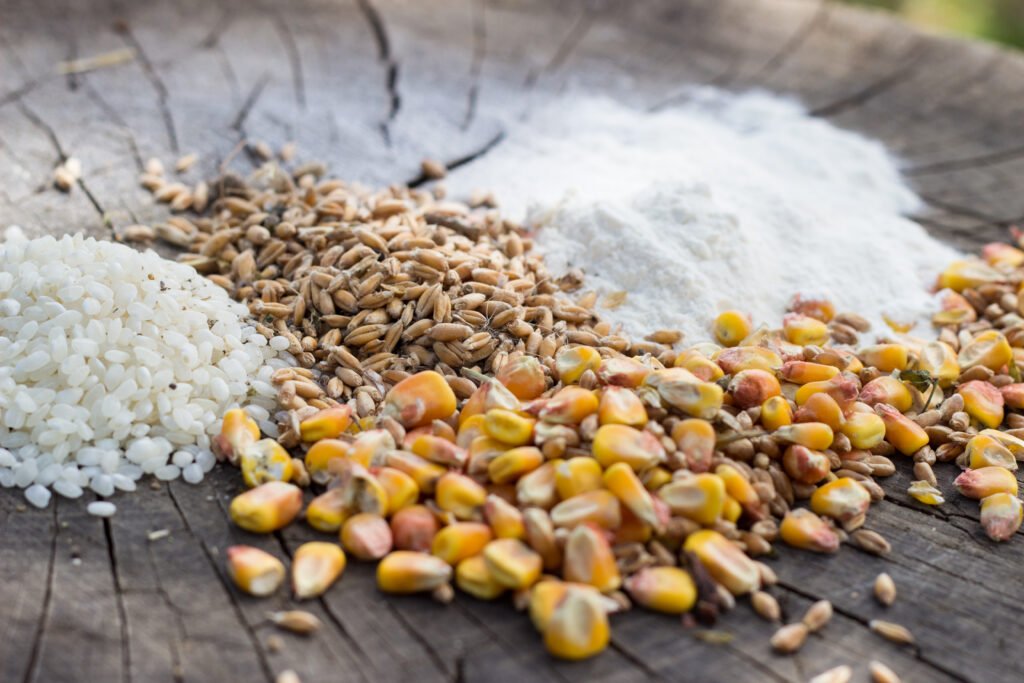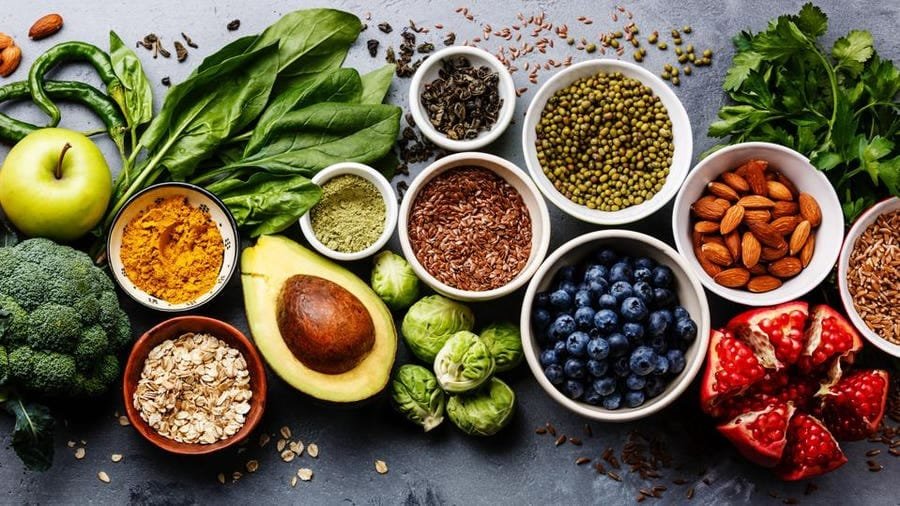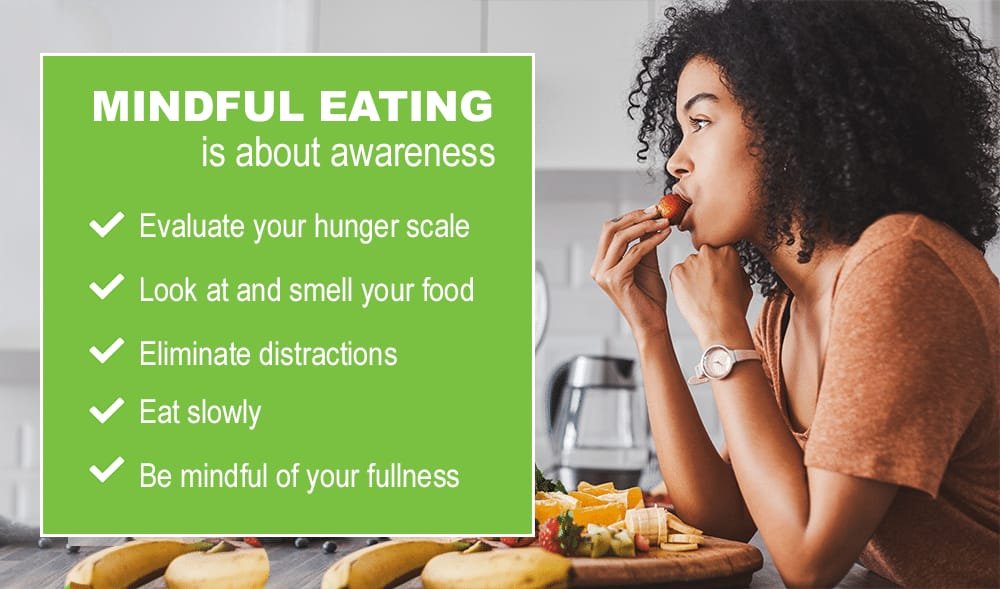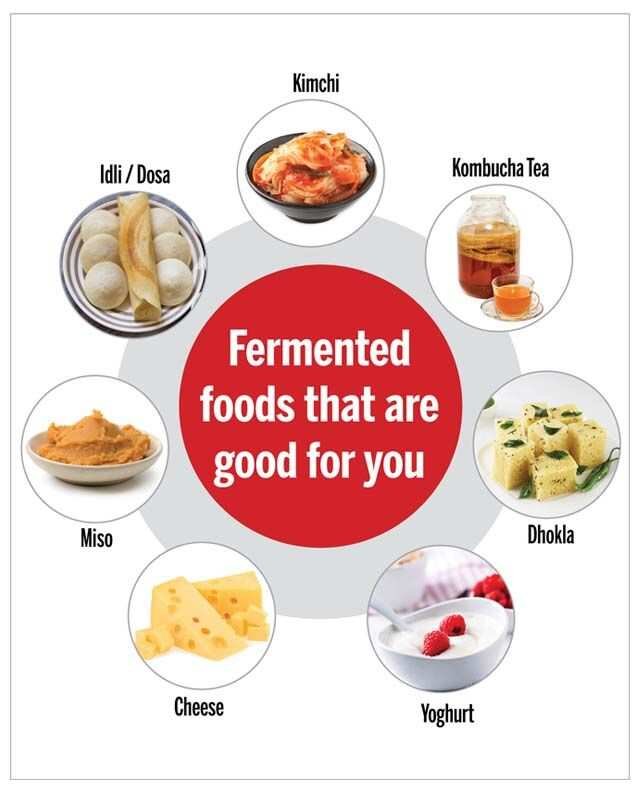Good digestion is crucial for overall health and well-being. When our digestive system functions properly, we can absorb nutrients from the food we eat, maintain energy levels, and feel our best. However, many people experience digestive issues like bloating, gas, or irregularity, which can be uncomfortable and frustrating.
There are many natural ways to support and boost your digestion. In this blog post, we’ll explore ten simple tips that you can easily incorporate into your daily routine. These suggestions focus on lifestyle changes and dietary choices that can help promote a healthier gut. Whether you’re looking to alleviate specific digestive problems or simply want to enhance your overall wellness, these tips are designed for you!
Feeling bloated after meals? A healthy gut is the key to overall wellness. Here are 10 simple, natural ways to improve your digestion and feel better every day.
10 Natural Ways To Boost Your digestion
1. Prioritize Whole Foods
- Focus on Nutrient-Dense Foods: Choose minimally processed, whole foods rich in nutrients, fiber, and antioxidants.
- Avoid Highly Processed Foods: Limit foods with additives and unhealthy fats that can disrupt digestive health.

2. Boost Fiber Intake
- Support Regular Bowel Movements: Increase your intake of both soluble and insoluble fiber.
- Include a Variety of Sources: Add whole grains, fruits, vegetables, legumes, and seeds like chia and flax to your diet.

3. Chew Your Food Thoroughly
- Enhance Digestion: Proper chewing breaks down food into smaller particles, easing stomach processing.
- Trigger Saliva Production: Chewing well starts the digestive process and aids nutrient absorption.
4. Add Probiotic-Rich Foods
- Maintain Gut Health: Incorporate foods like yogurt, kefir, sauerkraut, and kombucha to support healthy gut bacteria.
- Enhance Nutrient Absorption: Probiotics help improve digestion and prevent discomfort.

5. Include Ginger in Your Diet
- Soothing Properties: Ginger helps alleviate nausea and reduce bloating.
- Versatile Ingredient: Add fresh ginger to teas, smoothies, or meals for digestive benefits.
6. Stay Active and hydrated
- Promote Digestive Movement: Engage in regular physical activity to stimulate digestion.
- Hydration Matters: Drink enough water and include high-water-content foods to support digestion.

7. Mindful Eating
- Practice Portion Control: Eating smaller, more frequent meals can prevent discomfort and support digestion.
- Maintain Energy Levels: This approach also helps sustain energy throughout the day.

8. Limit Processed Foods
- Read Labels Carefully: Avoid foods high in sugar and unhealthy fats, which can slow digestion.
- Choose Whole Foods: Focus on unprocessed foods for better nutrient intake and gut health.

9. Manage Stress
- Negative Impact on Digestion: Stress can lead to issues like indigestion and bloating.
- Incorporate Relaxation Techniques: Use deep breathing, meditation, or yoga to lower stress levels and support gut health.

10. Incorporate Fermented Foods and Key Nutrients
- Enhance Gut Health: Foods like miso, tempeh, and pickles are rich in probiotics.
- Promote Balanced Microbiome: Fermented foods contribute to overall digestive health and nutrient absorption.

Final Insights
- Embrace Wellness: Small, consistent changes in your diet and lifestyle can lead to significant improvements in digestion and overall health.
- Listen to Your Body: Pay attention to how different foods and habits affect your gut; personalization is key to finding what works best for you.
- Start Your Journey: Prioritize gut health today for a happier, more energized you—your body will thank you!
FAQs on Digestion and Gut Health
- What are the signs of poor digestion?
-
- Symptoms include bloating, gas, heartburn, constipation, diarrhea, and stomach cramps.
- How can I improve my digestion naturally?
- Focus on a balanced diet rich in whole foods, fiber, and probiotics, stay hydrated, exercise regularly, and manage stress.
- What foods are best for digestion?
- Foods high in fiber (whole grains, fruits, and vegetables), fermented foods (yogurt, sauerkraut), and ginger are beneficial for digestion.
- How much water should I drink for good digestion?
- Aim for at least 8 cups (64 ounces) of water daily, but individual needs may vary based on activity level and climate.
- Can stress affect my digestion?
- Yes, stress can lead to digestive issues such as bloating, constipation, and indigestion. Practicing stress-relief techniques can help.
- What is the role of probiotics in digestion?
- Probiotics are beneficial bacteria that help maintain a healthy gut microbiome, aiding in digestion and nutrient absorption.
- Is it necessary to take probiotic supplements?
- While supplements can be beneficial, obtaining probiotics from food sources like yogurt, kefir, and fermented vegetables is often sufficient.
- How can I tell if I need more fiber in my diet?
- Signs of inadequate fiber intake include irregular bowel movements, constipation, and a feeling of fullness after meals.
- What are some quick tips for better digestion?
- Chew food thoroughly, eat slowly, avoid overeating, and incorporate more whole and fermented foods into your diet.
- Can exercise improve my digestion?
- Yes, regular physical activity helps stimulate digestive processes and can prevent issues like constipation and bloating.
